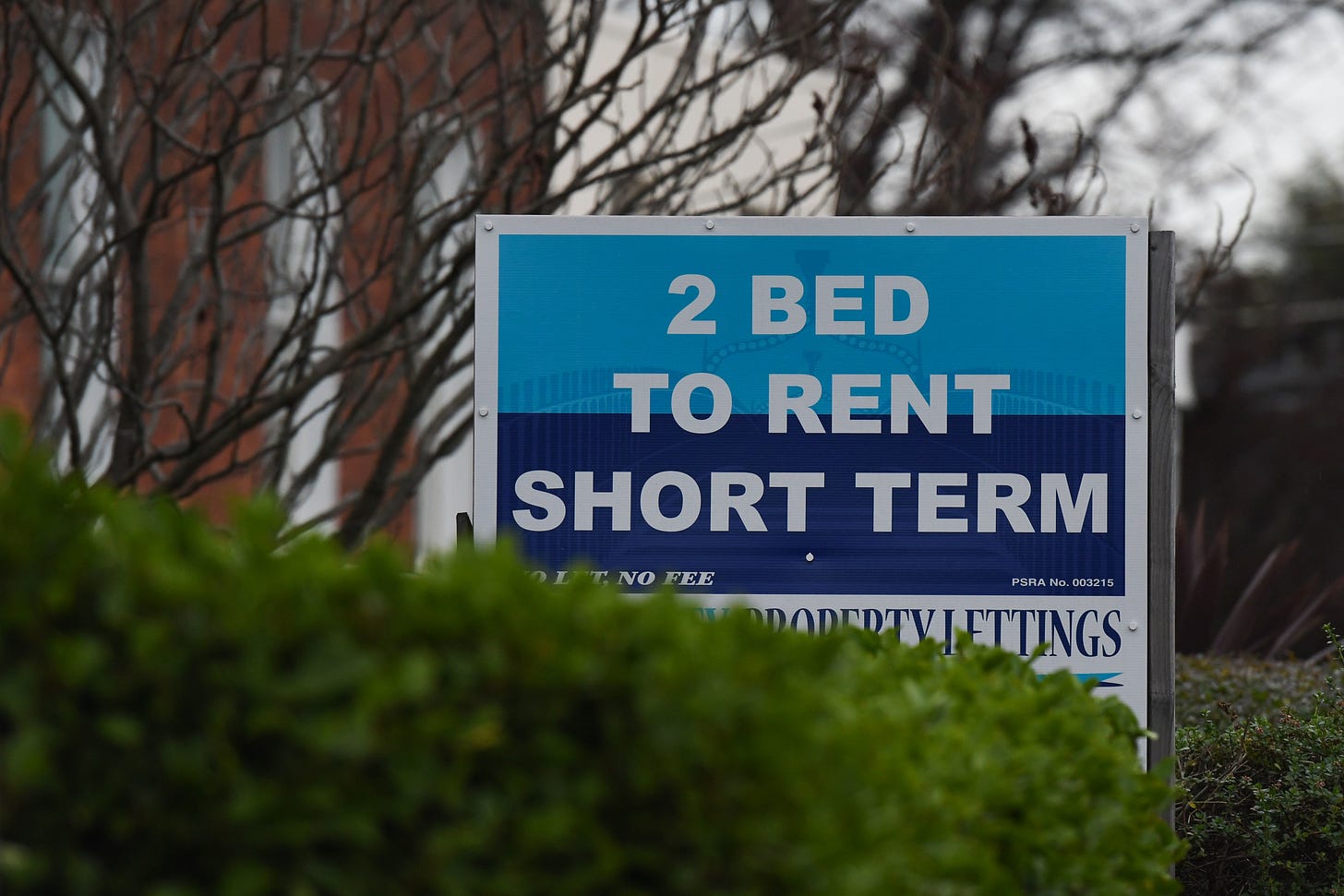Which Cork TDs are landlords and what do they think about about mixing politics and property ownership?
Tripe + Drisheen surveyed Cork's 18 sitting TDs about second property ownership, the rules around declaring financial interests and whether being a landlord is ultimately good for politics.
In light of recent reporting and revelations that government ministers and an opposition party TD had failed to comply fully with regulations around the declaration of property they rent out, Tripe + Drisheen surveyed all of Cork’s TDs about property ownership.
We contacted all 18 TDs, from all five electoral constituencies in Cork, with three questions:
1. Are you a landlord?
2. Do you think the rules on declaring your financial affairs are clear enough?
3. Do you believe that being a landlord impacts how you represent your electorate?
TDs and senators are obliged to declare financial interests outside of politics which are recorded in the Dáil Register of Members’ Interests. This publicly accessible register records information regarding occupations, directorships, shares owned and property and land rented out by TDs.
The purpose of the Register goes straight to heart of question three: “to provide information about any financial interest which a Member has, or any benefit which he or she receives, which others might consider to influence his or her actions or words as a Member of the Dáil.”
Top line
From the 18 TDs elected to represent Cork in 2020, four are landlords or landowners. They are Michael Moynihan (Fianna Fáil), Michael Creed (Fine Gael), Michael Collins (Independent) and Colm Burke (Fine Gael).
Burke, a solicitor with Colm Burke & Co. Solicitors, told T+D that he does “not have any property let for residential use.”
“I do have a premises which my legal office operates from (on Washington Street). The ground floor of that premises is let to the Cork City Sheriff,” Burke said.
The three Michaels - Moynihan, Creed and Collins - were part of a group of nine TDs that did not reply to a follow-up phone call for a request for comment before our publishing deadline.
In general, the TDs who replied to T+D believe that the rules around declaring financial relationships are clear.
Mick Barry, People Before Profit-Solidarity TD from Cork North Central, said that “the guidelines are sufficiently clear that Robert Troy has no excuse for his non-declarations”.
Troy resigned as junior minister last month following reporting from The Ditch over his failure to declare property ownership with the Residential Tenancies Board (RTB).
A spokeswoman for Micheál Martin told T+D that the Taoiseach is not a landlord, and referenced comments made by the leader of Fianna Fáil in which he said that Ireland had a strong regime to safeguard accountability and transparency when it comes to politician’s financial interests beyond politics.
But, the Taoiseach also said that “the Minister for Public Expenditure Michael McGrath is reviewing (regulations around declaring financial interests) and will be coming up with legislative proposals.”
Minister McGrath (Fianna Fáil) was one of the nine Cork TDs who did not reply to T+D. He is, however, not listed as a landlord on the Dáil Register of Members’ Interests.
Do you believe that being a landlord impacts how you represent your electorate?
On this question, there was less unanimity from the TDs that responded to T+D.
“I think the biggest impact on how you represent your electorate is your own vision for society. Some in Fianna Fáil and Fine Gael seem to have lost any vision for how Cork should look, how this state should function and how people should live,” Thomas Gould of Sinn Féin said in response to this question.
However, the latest controversy around landlord TDs was not just isolated to government parties: a rental property owned by Sinn Féin TD Johnny Guirke was also not registered with the RTB.
Donnchadh Ó Laoghaire, Sinn Féin TD for Cork South-Central, said that “ultimately the electorate decide who is elected,” adding that “for our system to work best then the Dáil has to be representative.”
And compared to society as a whole landlords are way overrepresented and tenants underrepresented. And I think the policies that have come to pass reflect that fact, unfortunately.”
Between the two houses of the Oireachtas, where Ireland’s laws and legislations are formed and passed, there are almost 80 TDs and senators who are landlords, landowners or both.
Padraig O’Sullivan (FF) answered with a simple “no” to the question about whether being a landlord influences how a politicians represents their electorate, while David Stanton (FG) said that since he is not a landlord the question doesn’t apply to him.
Mick Barry, also not a landlord, did have a view. “Landlord TDs see the world through the eyes of landlords” and that “this informs decisions they make.”
“For example, it is hard to see how a Dáil full of renters would have ended the ban on evictions in the way that was done by a Dáil stuffed full of landlords.”
Barry said if there’s one positive outcome to the “Troy saga” it would be if voters paid greater attention to the landlord status of candidates and “voted to reduce the number of landlord TDs in the next Dáil.”
Seán Sherlock (Labour), also not a landlord, told T+D that “a glance at SIPO (Standards in Public Office) will answer those questions,” adding that he takes his “responsibilities as a TD seriously.”
“I am mindful of the law,” he added.
The full list of Cork TDs and their contact details can be found on the Oireachtas site here.
The most recent declarations by all sitting TDs can be found here on the Dáil Register of Members’ Interests.
If you are renter you can check if the property you rent is registered with the RTB here.






